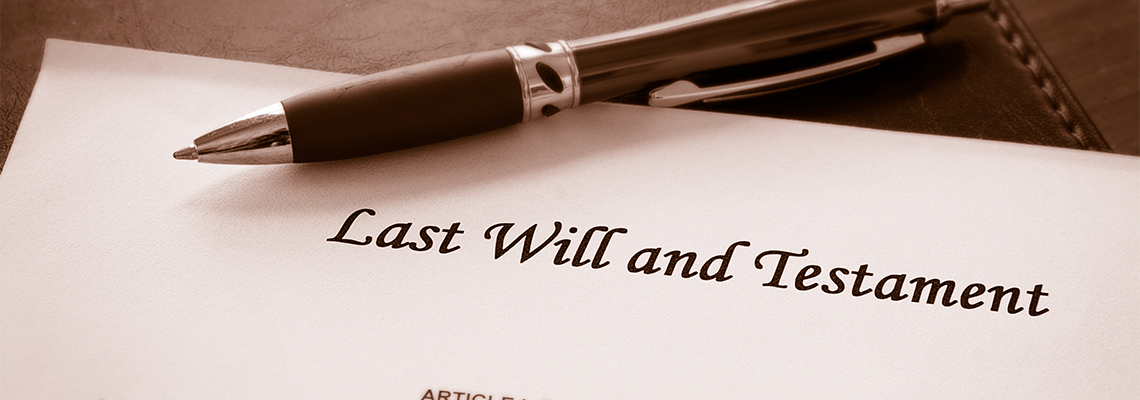1031 Exchanges Explained
What Are 1031 Exchanges in Real Estate?
Nobody looks forward to paying capital gains on the sale of real property, and you may have heard of 1031 exchanges as a way to defer that payment. We often get questions about 1031 exchanges, so this is a brief explanation of what they are and how they work.
Question — How Do 1031 Exchanges Work?
The term or number “1031” is a referenced to the Internal Revenue Code Section “1031.” A properly structured land transaction pursuant to Section 1031 allows a seller of land, to reinvest the proceeds of the sale in a new piece of property and to defer all capital gain taxes.
IRC Section 1031 (a)(1) states:
“No gain or loss shall be recognized on the exchange of property held for productive use in a trade or business or for investment, if such property is exchanged solely for property of like-kind which is to be held either for productive use in a trade or business or for investment.”
Remember that 1031 exchanges defer capital gains, not avoid them forever. Also, there are certain timing guidelines that must be followed and you’ll need a qualified intermediary in order to qualify as a 1031 exchange. If you are selling land and purchasing new property and would like to defer capital gains, it may be worth utilizing the 1031 exchange. We can explain the requirements of 1031 exchanges, help you determine if they work for your business, and then guide you through the process.
We’d be happy to talk with you about 1031 exchanges or any other aspect of Texas real estate transactions. You can make an appointment with one of our experienced and client-focused attorneys by calling or by sending us an email through our contact form.



